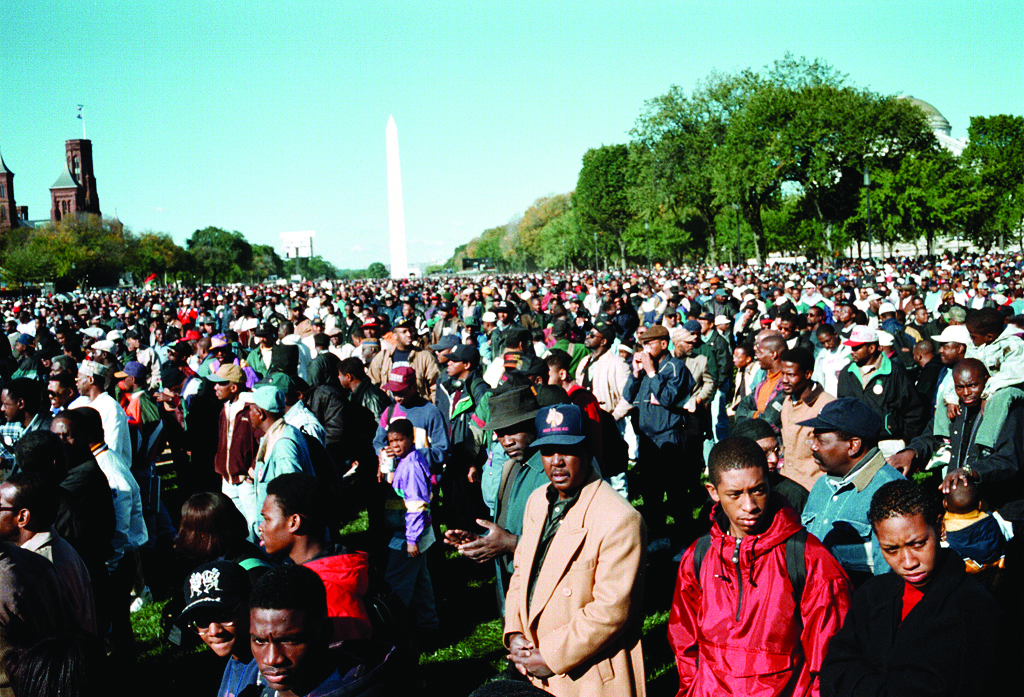HELEN SMITH
News Writer
smithe@plu.edu
Although the march happened in Washington, D.C., addressing stereotypes and harmful representation is something Pacific Lutheran University’s Diversity Center does every day.
At PLU, a part of being a Lute is learning about and advocating for social justice. An important event in the history of advocacy is the Million Man March. On Oct. 16, 1995, a group of black men under the leadership of Louis Farrakhan gathered in Washington D.C. to protest their representation in the media, an event that brought attention to many of the issues students at PLU are learning to address today.
Their protest was recorded as the largest gathering of black men in history. Farrakhan, who is the current leader of the Nation of Islam, put together the Million Man March to provide a genuine representation of black men opposing the negative stereotypes that had been so often shown in the media, the Nation of Islam’s website says.
The March’s significance has not dampened over time. The influential moment of black men reclaiming their image for themselves and vowing to better their community made its mark in history. A history that Minister Farrakhan made plans to revitalize with an anniversary event at the national mall on October 10.
Although such a long time has gone by since the original event, the gathering on October 10 deals with many of the same issues that it addressed in 1995 such as representation in the media, and issues within the black community. This year, the march is also to bring attention to violence toward black people by law enforcement, and the struggles of Native Americans dealing with poverty and land seizure. Other causes include the mistreatment of the Latino community and the struggles Latino women have getting paid the same as even women of other races, according to the Justice or Else website.
The original march was more about a making a commitment to the black community and undermining harmful representation.
The march this year will also centers around bringing attention to issues within societal systems which bring violence against minorities.
“One way that the Diversity Center does that is through education, so we do lots of workshops,” says Nicole Juliano, assistant director of the Diversity Center. Diversity Center workshops help to explore understandings of other people and our own identities, to understand where harmful thoughts and perceptions can come from.
Some important parts of the representation on campus are the unintentional biases and stereotypes that people bring with them to school. These behaviors were discovered when people examine their own thought processes behind their language and actions.
Part of the work that PLU does with representation is the “My Language My Choice” campaign, which addresses harmful language and its impact.
Not only that, but the campaign works with people to help them own the impact when they use harmful language, which then hopefully spurs dialogue.
The campaign on billboards in the Parkland and Tacoma areas to help spread awareness about harmful langu age. Language is an integral part of representation, says Ms. Juliano.
“I think words that we hear, whether they’re in the media or visuals or we’re taught them or they’re perpetuated in other systems, help develop the biases and perceptions that we have of others,” she said.
In this way, the “My Language My Choice” campaign is not only taking on harmful language but also the thinking behind the language we use that shapes our ideas about other people.


















